no. 88: elephant poaching has completely stopped in this Congolese national park
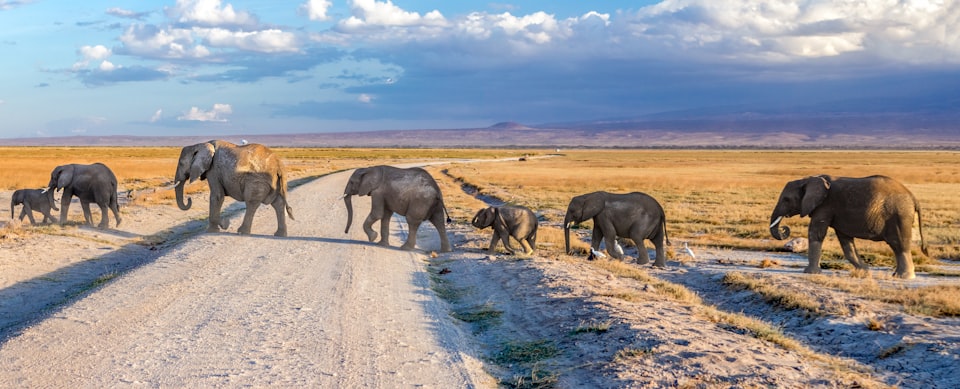
Hi. It's Friday :)
I'm currently in the middle of reading one of the most fascinating books I've picked up called *An Immense World.
In it, we explore the umwelt–how an animal experiences the world through their different senses–of hundreds of different species, learning about think you'd never have imagined were real.
Did you know dogs are able to smell even while they exhale because of the shape of their nose slits? Or that catfish are covered with tastebuds on their entire body from tail to whisker? Or that some animals have panoramic vision that lets them see a full view around them at the same time?!
I didn't either. But the book is giving me a refreshed view of the beautiful life on this planet.
Maybe I'm just nerding out, but despite some pages getting pretty sciency with wordy explanations, I'm blown away every time I pick it up.
Thought I'd share with you in case you haven't heard of this one yet! Let me know if you'd like more book reviews/recommendations, and *here are affiliate links and quick explanations of ten of my favorite environmental books & novels!
I'm writing to you from sunny California on the last leg of my trip before returning to New York, and here's all the good news I found this week...
The good from Friday, February 10

Waffle House, of all places, beat out 167 other applicants to get some fast electric vehicle chargers installed since they meet the criteria of being accessible and open 24/7, so you can soon eat a waffle while fully charging up in about half an hour. (Electrek)
10 platypuses are thriving 6 months after being reintroduced to Royal National Park in Australia which ended their local extinction, with high hopes that they’ll breed this year. (Concrete Playground)
A controversial proposal in California would tie utility bills to customers' income levels to distribute grid costs more equitably, which despite some backlash is actually mandated by an earlier state law. (Canary Media)
Over 7,000 yoga instructors and students have signed a petition for Lululemon to power its entire supply chain with renewable energy, and honestly, I wear Lulu all the time and love the pressure these folks are putting on the company to clean up their operations. (Bloomberg)
The good from Monday, February 12
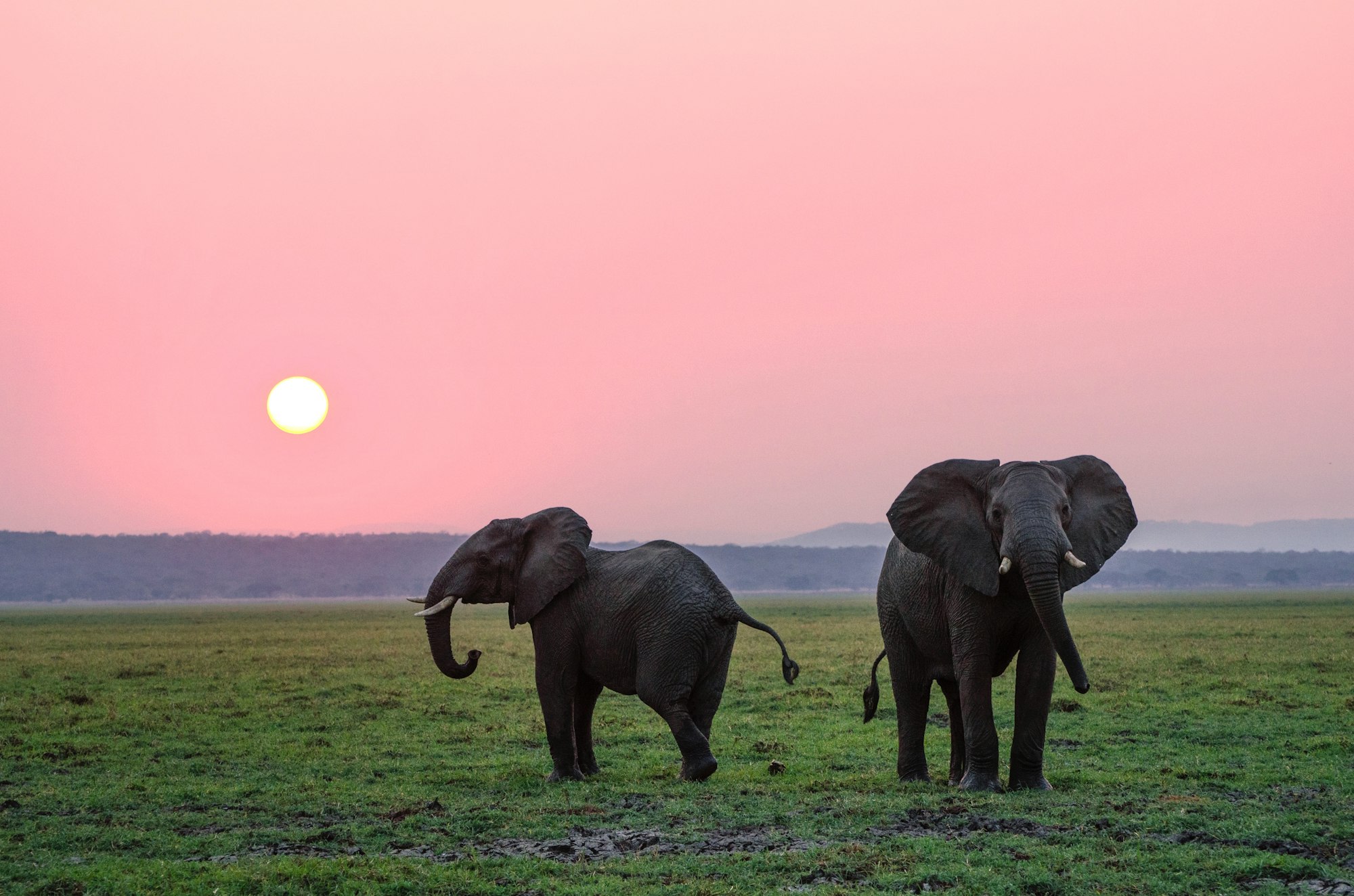
No elephant poaching took place last year in a national park in the Republic of Congo, which marks the first time this has happened in this beacon of true wilderness on the park’s 30th anniversary. (WCS Newsroom)
Since Patagonia announced it was giving its profits to the planet in 2022, it’s distributed over $71 million to fund environmental conservation and climate activism. (NYT)
A judge just threw out a case against several people including Greta Thunberg who were charged and now acquitted of failing to comply with public order at a peaceful protest in London. (The Guardian)
The Climate Choir movement that started in 2022 now has over 600 members in 11 choirs that sing to raise climate awareness and peacefully and emotionally protest fossil fuel companies and financial institutions. (The Guardian)
The good from Tuesday, February 13

The new Pods are Plastic bill in New York City is proposing a ban on plastic-wrapped detergent pods that release harmful microplastics after dissolving in water, pushing companies to focus on safer alternatives. Sorry to all of you who snack on Tide Pods... (Fast Company)
400 new fossils dating back 470 million years were just discovered in France by amateur paleontologists who believe the site was a beautiful animal refuge. (Nature Publishing Group)
Ethiopia announced vehicles can’t enter the country unless they’re electric, making it the first to ban internal combustion engines, perhaps not surprising given their electricity grid is almost entirely renewable. (Arena EV)
For the first time in 130 years, giant anteaters (that can lap up over 30,000 ants a day) have been spotted in the southern Brazil wilderness, likely thanks to a rewilding project in Argentina, hinting that wildlife corridors between the countries are working! (Mongabay)
👆 Use code JACOB15 for 15% off your order!
The good from Wednesday, February 14
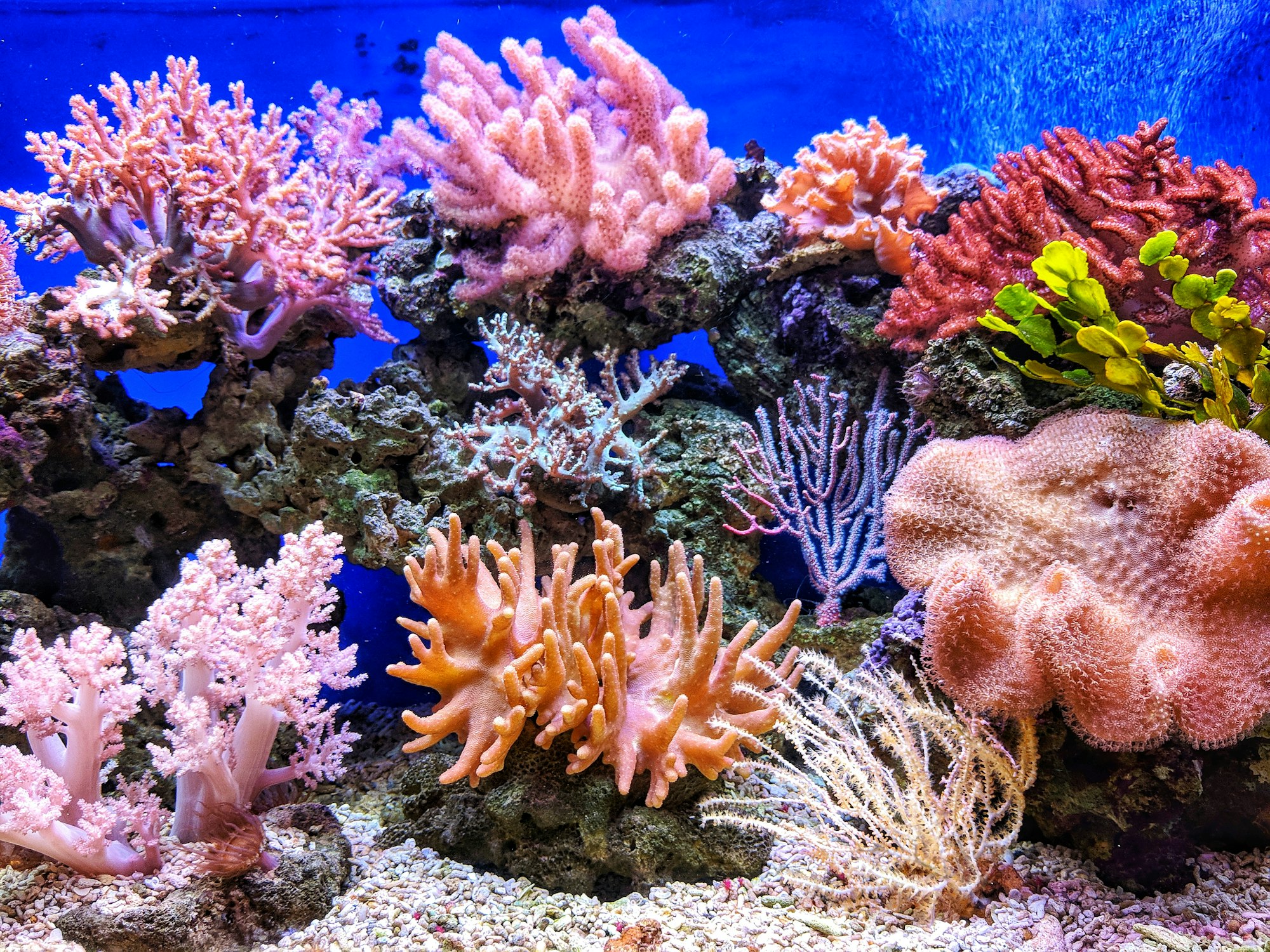
Coral Gardeners working to save the world’s coral reefs are getting promising results, sharing impressive before and after photos of some of their 30,000 thriving coral restoration projects across 12 nurseries. (The Cooldown)
17,000 crafty volunteers are finding and finishing knitting and crochet pieces left behind by loved ones who’ve passed away before they could complete them, offering closure and preserving meaningful handmade items through the Loose Ends Project. (Positive.news)
Several US cities are reforming their parking practices, ending mandatory parking minimums for new buildings, and converting street parking to public spaces which makes housing more affordable and cities more walkable. (Yale e360)
24 dogs were rescued from the meat trade and transported to rehab centers for veterinary care and to be adopted into loving homes with help from animal charities. (WAN)
The good from Thursday, February 15

Construction is now underway for a high-speed rail spanning 171 miles in the Central Valley of California, creating 12,000 local jobs and adding a clean, public mode of transportation for getting around the state. (LA Times)
Real human hair is now being collected from salons, and made into sweaters, dresses, and blazers, taking advantage of its strength and flexibility to use the 32 tons thrown out daily in North America. (Washington Post)
Barclays Bank announced it’ll no longer provide direct funding for new oil and gas projects, which is a big deal because Barclays has been the number one funder of fossil fuels in the UK, and hopefully, this is just the start of further commitments to clean up their investments. (BBC)
Indigenous tribes in Washington have worked hard to restore wildlife populations and tribal culture and are now welcoming back at least 10 beautiful Canada lynx to their lands. (Nexus Media News)
Bonus stories



Spread this breath of fresh air🪴
By supporting Climativity, you're helping these good stories reach more people around the world.
Support good news & independent publishingSee you again soon,
Jacob
P.S. some important info:
- *: I get a commission from these links at no additional expense to you (usually, you'll get a discount!).
- I write and publish this newsletter using Ghost, and I truly love the platform. If you want to start your own newsletter, consider Ghost* (and let me know – I'll be your first subscriber!)
- This is an independent publication that relies on reader feedback to continuously improve. Never hesitate to reach out with comments or questions.
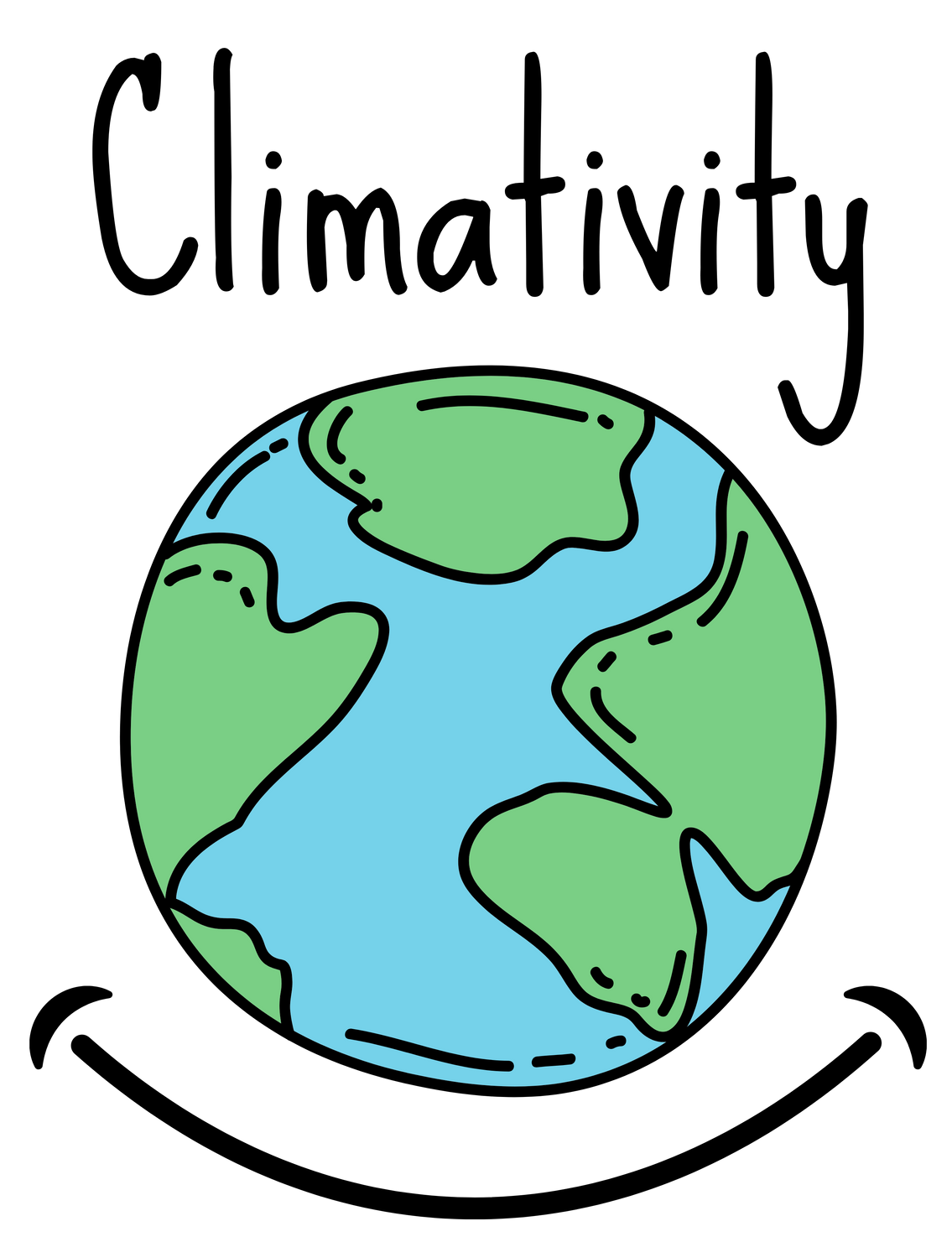


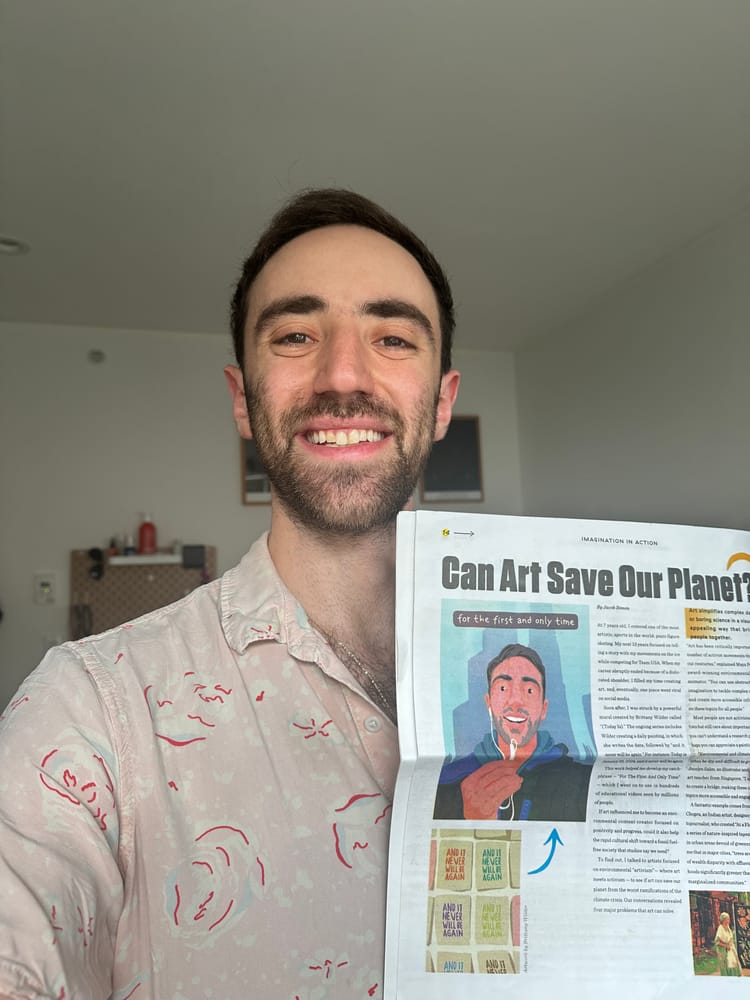




Member discussion